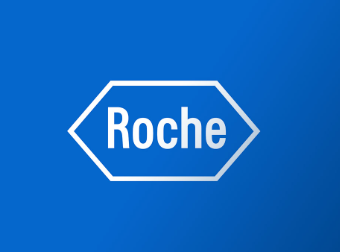Roche and its subsidiary Genentech use AI and machine learning (ML) to analyze vast biomedical data and simulate drug interactions, accelerating the drug discovery process. Their “lab in a loop” approach iteratively trains AI models on lab and clinical data to predict drug targets, therapeutic molecules, and optimize molecule design. Collaborations with partners like Recursion Pharmaceuticals and Genesis Therapeutics enhance capabilities in cell biology mapping, molecular simulation, and antibody design. This AI-driven strategy reduces R&D time, costs, and improves success rates in identifying promising drug candidates.

- Approximately 90% reduction in drug candidate failure rate in early trials
- Faster identification of promising drug targets and molecules
- Accelerated design and testing of novel therapies
- Enhanced prediction of protein structures and drug-target interactions
- Multi-billion dollar investments in AI partnerships and platforms
Traditional drug discovery is slow, costly, and has a high failure rate due to complex biological data and trial-and-error methods
AI/ML models trained on massive datasets from lab experiments and clinical studies; generative AI for molecule design; simulation of drug-target interactions; partnerships with AI companies for advanced computational platforms
- Dramatically faster drug discovery cycles
- Reduced R&D costs
- Improved accuracy and reliability in candidate selection
- Enhanced ability to design complex molecules and antibodies
- Scalable AI-driven drug development pipeline






